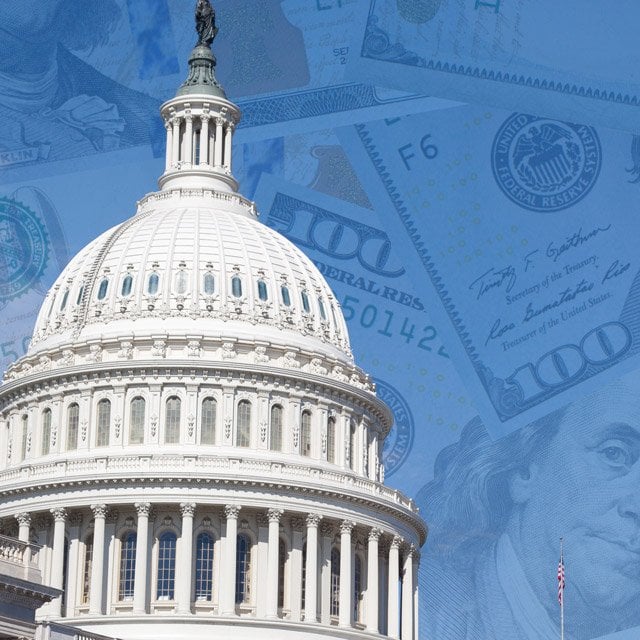New Senate Bill Would End 'Buy, Borrow, Die' Strategy for Wealthiest Investors

What You Need to Know
The Billionaires Income Tax Act would require the wealthiest investors to recognize capital gains and losses every year.
It addresses the tricky issue of taxing nontradable assets, like real estate and art, with a two-step approach.
The bill is intended to stop the richest Americans from passing on wealth without capital gains taxes.
Senate Finance Committee Chairman Ron Wyden, D-Ore., introduced Thursday the Billionaires Income Tax Act, legislation that “will change the way that really wealthy investors pay capital gains taxes,” according to Erin York, senior economist at the Tax Foundation in Washington.
The Billionaires Income Tax Act would require taxpayers with more than $1 billion in assets, or more than $100 million in income for three consecutive years, to mark their tradable assets, like stocks, to market, recognizing gains and losses every year.
The legislation also “addresses one of the biggest arguments against a wealth tax” by creating a formula for taxing the gains on less liquid assets like real estate, according to Jeff Bush of The Washington Update.
The bill “would, for the first time, end one of the most prominent, legal ways that billionaires avoid paying taxes known as ‘buy, borrow, die,’” Wyden said Thursday in a statement.
The legislation is co-sponsored by 15 other senators, including Elizabeth Warren, D-Mass.; Sherrod Brown, D-Ohio; Bernie Sanders, I-Vt.; and Jack Reed, D-R.I.
Revives ‘Mark-to-Market’ Taxation
The legislation “revives the idea of marked-to-market taxation for about 700 U.S. taxpayers on readily tradable assets such as stocks,” Bush said. “It would allow taxpayers to pay this liability over five years for their initial tax obligation and annually thereafter.”
When it comes to less tradable assets, the Democrats’ plan “addresses one of the biggest arguments against a wealth tax by adopting a ‘deferred recapture amount’ scheme,” Bush stated.
“It addresses the unwieldy issue of taxing ‘nontradable’ assets, such as real estate, art, etc., with a unique two-step approach,” Bush continued. “Once the nontradable asset is sold, the seller would owe capital gains on the sale and a calculation called ‘deferred recapture amount.’ This is calculated by spreading the gain equally over the years the asset was owned, not to surpass the enactment of this change, and charging the taxpayer interest on those untaxed gains.”
Buy, Borrow, Die
The legislation “would also put an end to the Buy-Borrow-Die income strategy used by the very wealthy,” Bush added. “Democrats suggest this would ensure the wealthy pay their fair share. One must always be concerned when you hear the term ‘fair’ coming from legislators. ‘Fair’ is a very subjective term in Washington, D.C.”




